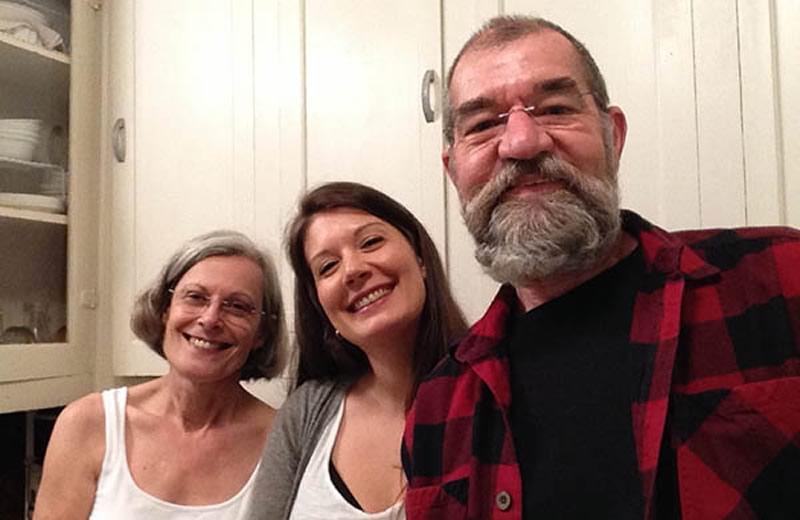The reality of the flu
As a former public health nurse (that person who immunizes you at public clinics), getting the flu shot was always about protecting my patients … until it got more personal. In 2015, my parents called to let me know they had the flu and they weren’t doing well. They asked if I could come to visit and bring over a few essentials, and my mum mentioned she was worried about my dad. After a short chat with her, I went straight over.
My dad is immune compromised. One year prior, in 2014, he had survived bladder and prostate cancer after extensive surgery that left him with a urostomy. He also has chronic kidney disease, which makes becoming ill and dehydrated very dangerous. When I arrived at my parents, I found my dad had a high fever, was lethargic, achy all over, and very weak. One look at him, and I knew we had to go to the emergency room. Influenza had left him dehydrated and with the beginnings of a kidney infection. He felt unable to eat or drink, which quickly progressed to being unable to keep anything down. Although not a symptom of the flu itself, this was a glimpse into a 17-day saga of complications caused by influenza and dehydration.
Ten days later, dad was still in the hospital, unable to eat or drink, or pass anything through his digestive system, and he was put onto IV nutrition. We were all getting worried: My family and the doctors. Following tests and multiple procedures, he underwent abdominal surgery to investigate. The doctors found adhesions of scar tissue that formed in his bowel from his previous surgery for cancer and, once ill and unable to eat and drink well, the tissue formed a blockage in his bowel.
Protecting vulnerable populations
The two and a half weeks dad spent in the hospital were scarier and more stressful than cancer and kidney disease combined. He could have died. It became obvious to our whole family how fragile his health really could be. It was a clear reminder of the devastating impact that influenza can have on a person with complex medical issues and history. It was also my own, real-life reminder of why protecting vulnerable populations from the flu is so vital to their health.
Today, I’m an occupational health nurse (that person who pokes Northern Health staff at staff clinics and educates people about immunization). Putting my professional hat back on, I want to remind you that the Provincial Influenza Prevention policy is in effect from December 1, 2017 to the end of flu season (around March 31, 2018). Staff, patients, and visitors are asked to help protect immune-compromised populations (like my dad!) from the flu by ensuring you are immunized or that you mask when you’re in a patient-care area at Northern Health facilities.
Oh, and in case you’re wondering, I’m happy to report that dad is living a healthy life to its fullest! He and mum are currently backpacking in Southeast Asia!














Comments